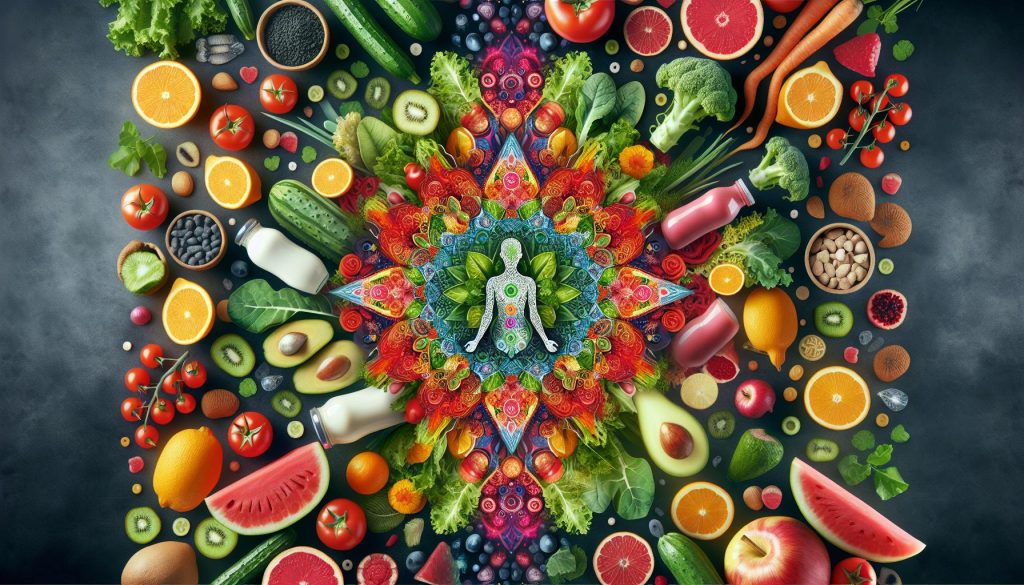
The Alkaline Diet: What to Avoid
Opening up the conversation, one might ask, “What are the don’ts when walking along the path of an alkaline diet?” In the simplest terms, an alkaline diet is all about maintaining your body’s pH balance by consuming more alkalizing foods and minimizing the consumption of acid-forming foods. To elaborate, it’s a shift away from processed foods and towards a plant-based, whole food diet. In the following sections, we’ll delve into the finer details, painting a clearer picture of the foods you should steer clear of on your alkaline diet journey.
The Alkaline Diet at a Glance
Ditching foods high in sugar, caffeine, and artificial sweeteners is a genuine gamechanger when it comes to transitioning to an alkaline diet. You see, not all foods are consistent with maintaining the desired pH balance. Unfortunately, though they might be mouthwatering, pastries, pies, and sweets packed with processed sugar are as acidifying as it gets.
Processed Foods: A Slippery Slope
Chapter one of the alkaline diet “no-go” book is dedicated to processed foods. More often than not, these food items are rife with additives or preservatives, and they contribute significantly to acidifying your body.
The Twisted Tale of Animal Protein
On the other side of the spectrum, we’ve got animal protein. Yes, protein is essential for our bodies, but it’s the source that raises eyebrows in an alkaline diet. Red meat, poultry, fish – they all fall into the acidic category. Now, this doesn’t mean you should completely eliminate them from your diet, but you might want to dial down the frequency and portion sizes.
Are All Proteins Created Equal?
You might be thinking, “Does this mean I have to swear off protein?” Not quite. You can still get your protein fix from alkaline-friendly sources like lentils, quinoa, and other plant-based alternatives. Find your rhythm with these alternatives, and the alkaline diet won’t feel like a dietscapade, but rather a refreshing change of pace.
Are Grains and Legumes in the Firing Line?
In short, yes and no. While grains and legumes are not strictly off-limits, they tend to lean more on the acidic side. That’s why, if you do indulge, whole and unprocessed should be your watchwords. So what’s the verdict? Feel free to enjoy your occasional oatmeal breakfast or hummus snack, but also remember balance is key.
Daylight Robbery: The Truth About Refined Grains
Refined grains are sneakily deceptive. They’re stripped of their nutritional goodness and leave your body with nothing but acid. They won’t make the cut in an alkaline diet as they are bereft of alkalizing minerals.
Summing It Up
An alkaline diet can seem restrictive at first glance but remember, just like any kitchen tango, there’s a learning curve. The key is to gradually transition while keeping the principle of balance in mind. Experiment with plant-based proteins, indulge in your favorite grains thoughtfully, and remember that progress is a process.
Frequently Asked Questions
1. Is coffee allowed on an alkaline diet?
Coffee is considered acidic and should be avoided or limited on an alkaline diet.
2. Are all fruits and vegetables alkaline?
Most fruits and vegetables are alkaline, but not all. Some, like blueberries and cranberries, are more acidic.
3. Can I still eat dairy on an alkaline diet?
Dairy products tend to be acidic and are generally avoided on an alkaline diet.
4. Is the alkaline diet safe for everyone?
For most people, the diet is safe and can promote healthier eating. However, people with kidney issues should avoid it due to the high intake of potassium.
5. What is an easy way to start an alkaline diet?
Gradually incorporate more fruits and vegetables into your daily meals while reducing the intake of processed, sugary, and high protein foods.



